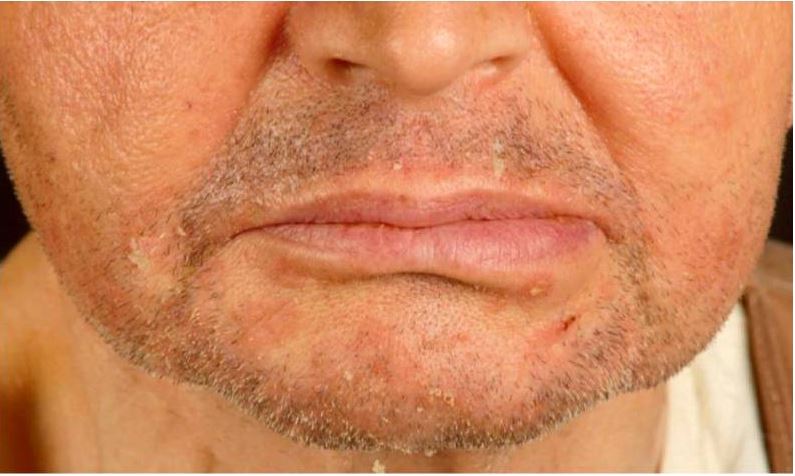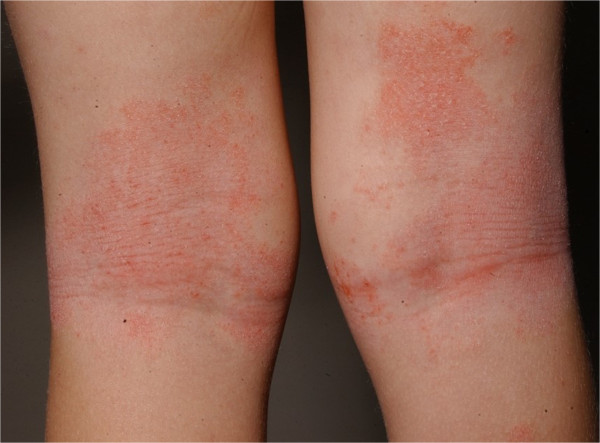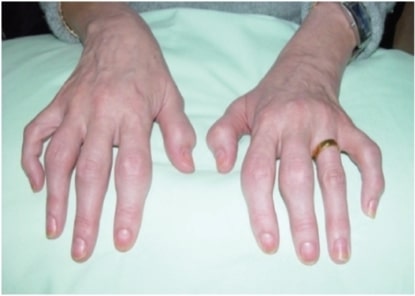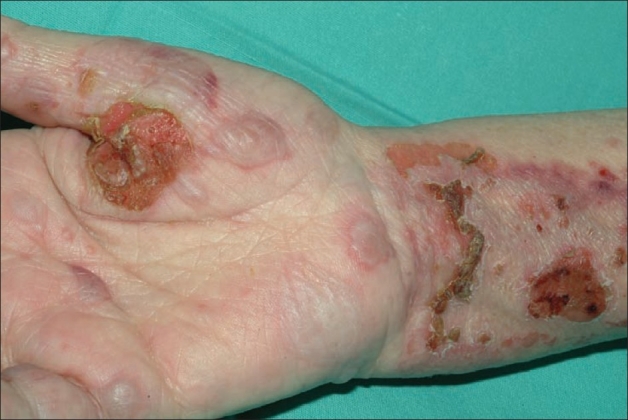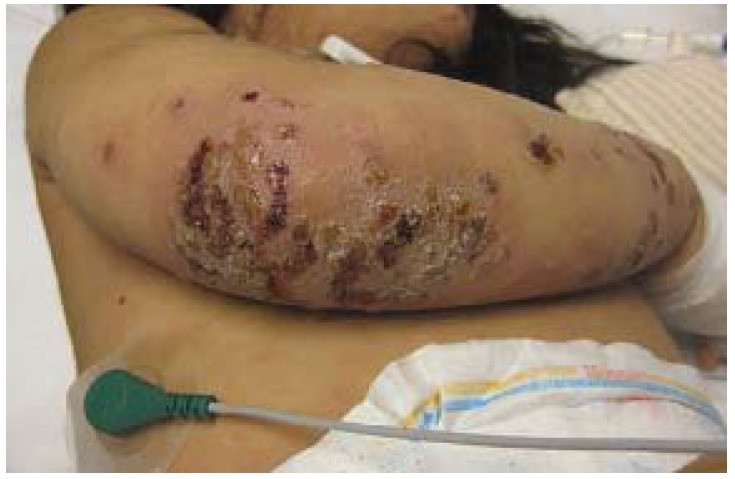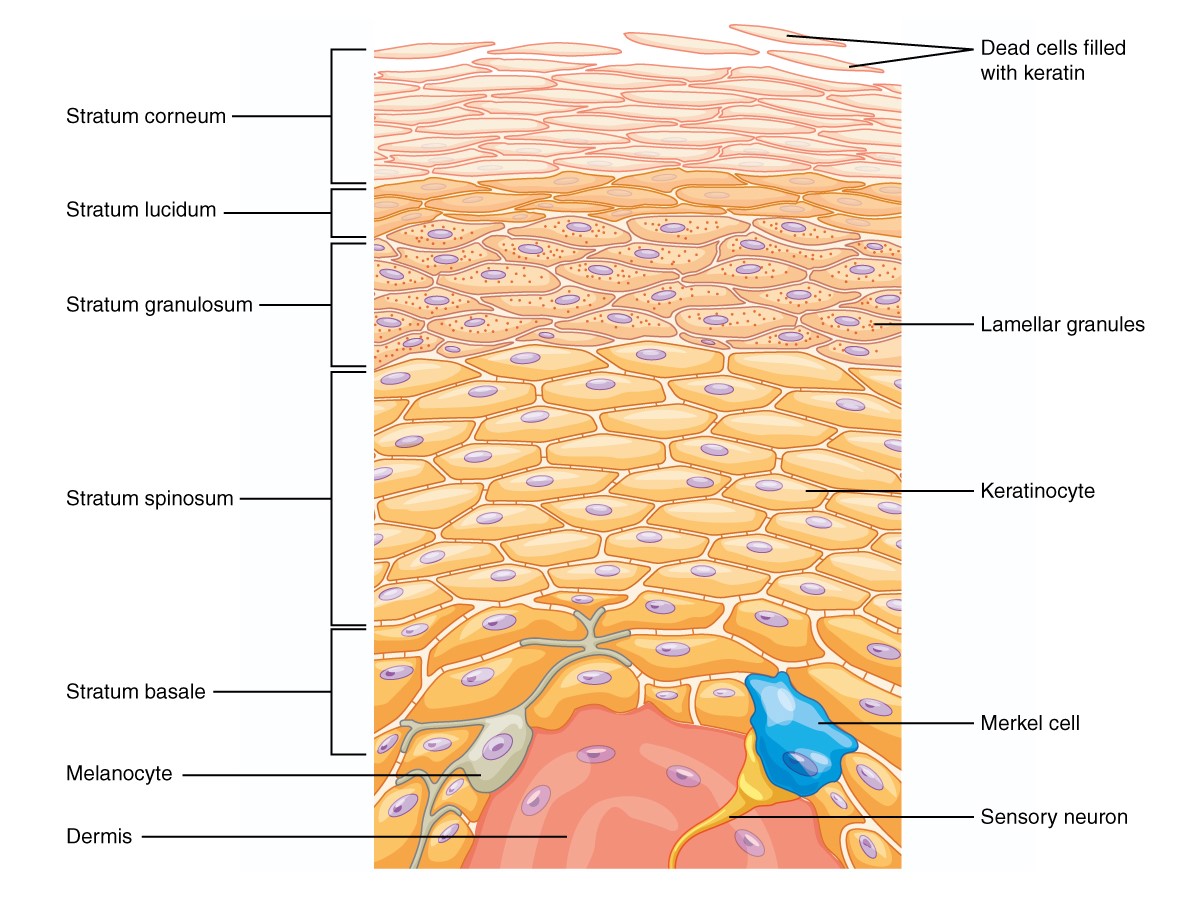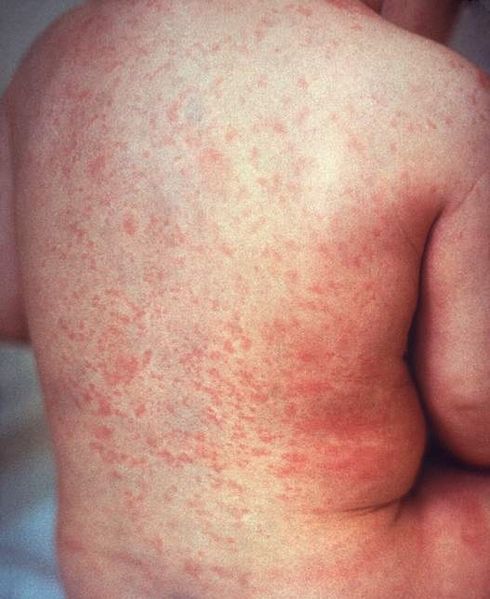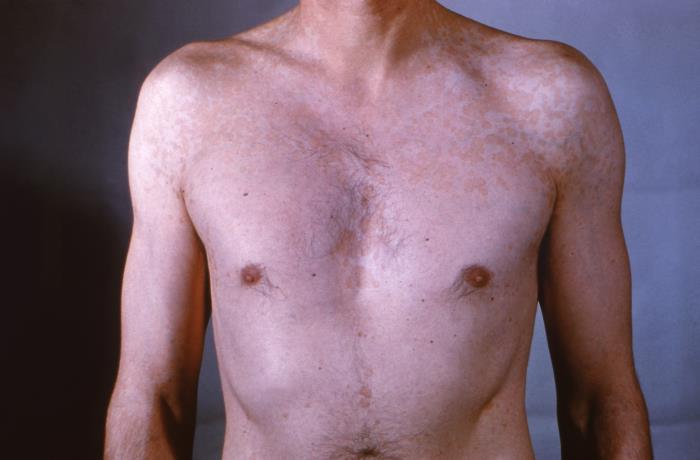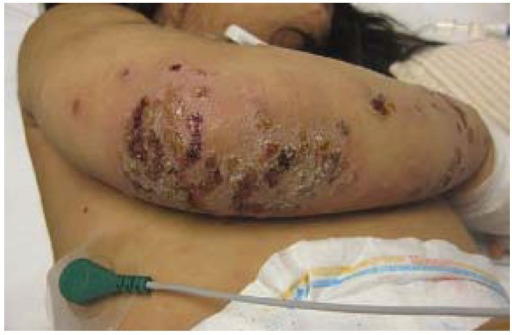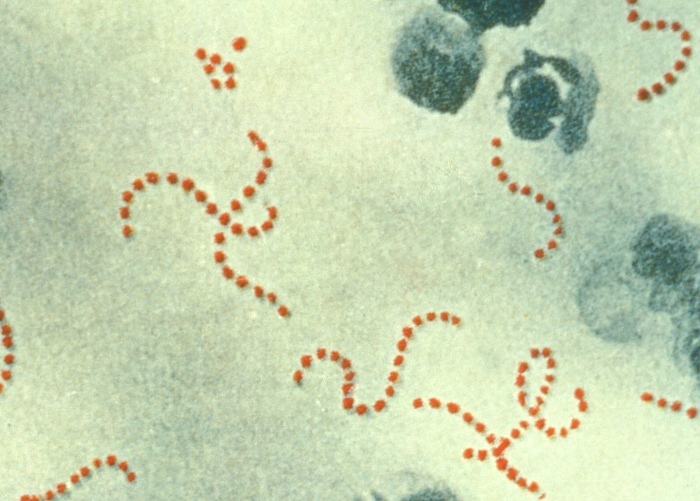Localized Rashes
By Lorraine J. on 26. September 2022 for Localized Rashes: Dermatitis and Fungal Infections
Very good presentation, with colorful visualization, and explanation. The lecturer was specific.
Excellent lecture
By Jalil Z. on 10. August 2020 for Seborrheic Dermatitis, Psoriasis and Impetigo in Children
Great idea to group these diseases together and clear clinical pictures!
Accentuation matters
By Ivan K. on 18. July 2020 for Seborrheic Dermatitis
Thanks for emphasizing thing like sparing nasolabial folds. I think it is extremely important to emphasize valuable high-yield thing for better remembering.
shallow and uninformative - reading the textbook will be more efficient
By Sören H. on 31. March 2019 for Seborrheic Dermatitis
no pathophysiology, epidemiology and risks explained
explanations are shallow, very hastily spoken and with very little extra info.
Not happy with this course
Unique
By Rahmah B. on 24. September 2018 for Atopic Dermatitis
I think he is one of the top lectures that have a particularly unique way in gaining attention. Kudos
Seborrheic dermatitis
By Lyndon O. on 29. August 2018 for Seborrheic Dermatitis
Belabors the points quite succinctly! The approach is just the best for clinical dermatology!
Needs discussion about investigations
By Vish V. on 19. August 2018 for Allergic Contact Dermatitis
Would like to see some discussion about investigations eg patch testing
informative lecture
By Mohammad S. on 08. July 2018 for Seborrheic Dermatitis
very good and informative lecture. thank you for good explanation associated with the differential diagnosis
Nice overview.
By Vidar d. on 01. April 2018 for Seborrheic Dermatitis, Psoriasis and Impetigo in Children
Nice summary of most common rashes in children. Nice recap questions.
Articulate and engaging style of speaking
By Hala A. on 20. November 2017 for Atopic Dermatitis
I don't think he's robotic at all. The way he talks keeps me engaged, better than most monotone professors I have in med school Excellent explanations. He is very articulate and knows how to tie facts together and emphasises on the key facts so you at least leave the video knowing what Atopic Dermatitis is about
excellent presentation
By Courtney W. on 17. September 2017 for Seborrheic Dermatitis
I love how he directly emphasizes main points with repetition and gives details of differentials. He is very direct and to the point, no wasted time.
Smoothly presented lecture, good content, could use some additions
By George L. on 14. May 2017 for Atopic Dermatitis
Good lecture. The talking is very smooth and continuous not robotic like it sometimes tends to be the case with Dr.Raj. Excellent! Good explanation of the terms and the difference between atopic and contact dermatitis!
Some more elaboration on treatment options, including non-pharmacologic and the role of allergen testing (should you do it or not?) would be a good addition.
Good, need more information
By Febelia Devina S. on 19. April 2017 for Atopic Dermatitis
Easy to understand. I recommend adding more information regarding medication such as what kind of systemic seroid we are using.
Non-pharmacological options
By Hamed S. on 07. April 2017 for Atopic Dermatitis
Fantastic talk but would have liked further information on non-pharmacological treatment and also the role of allergen testing
Like the use of DDX
By Hamed S. on 07. April 2017 for Seborrheic Dermatitis
I find one of the challenging aspects of dermatology is to keep in the various ddx for "similar" looking presentation. The way these lectures are set out has been very useful to have a few ddx to think about when facing a pt with a rash!


